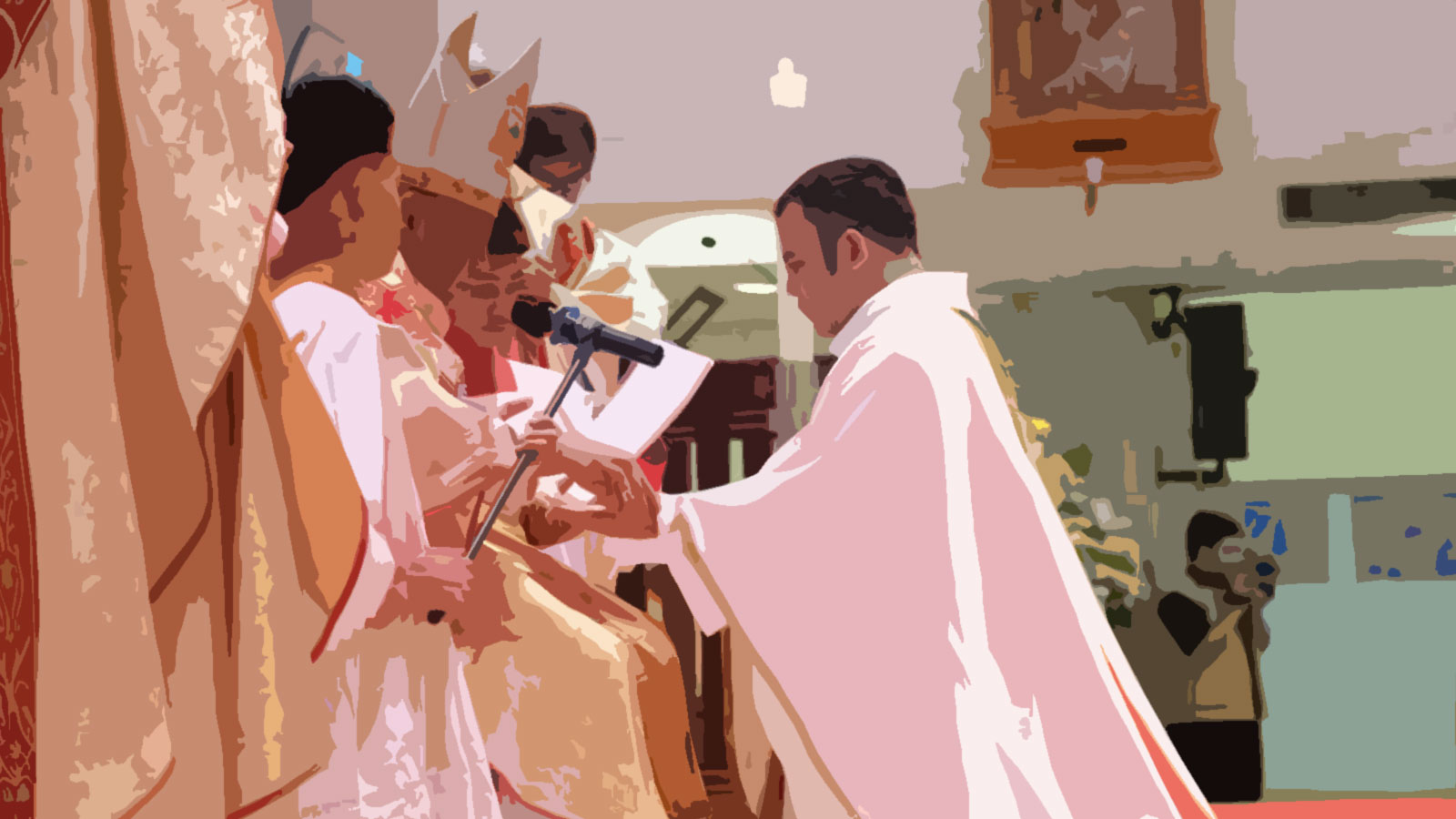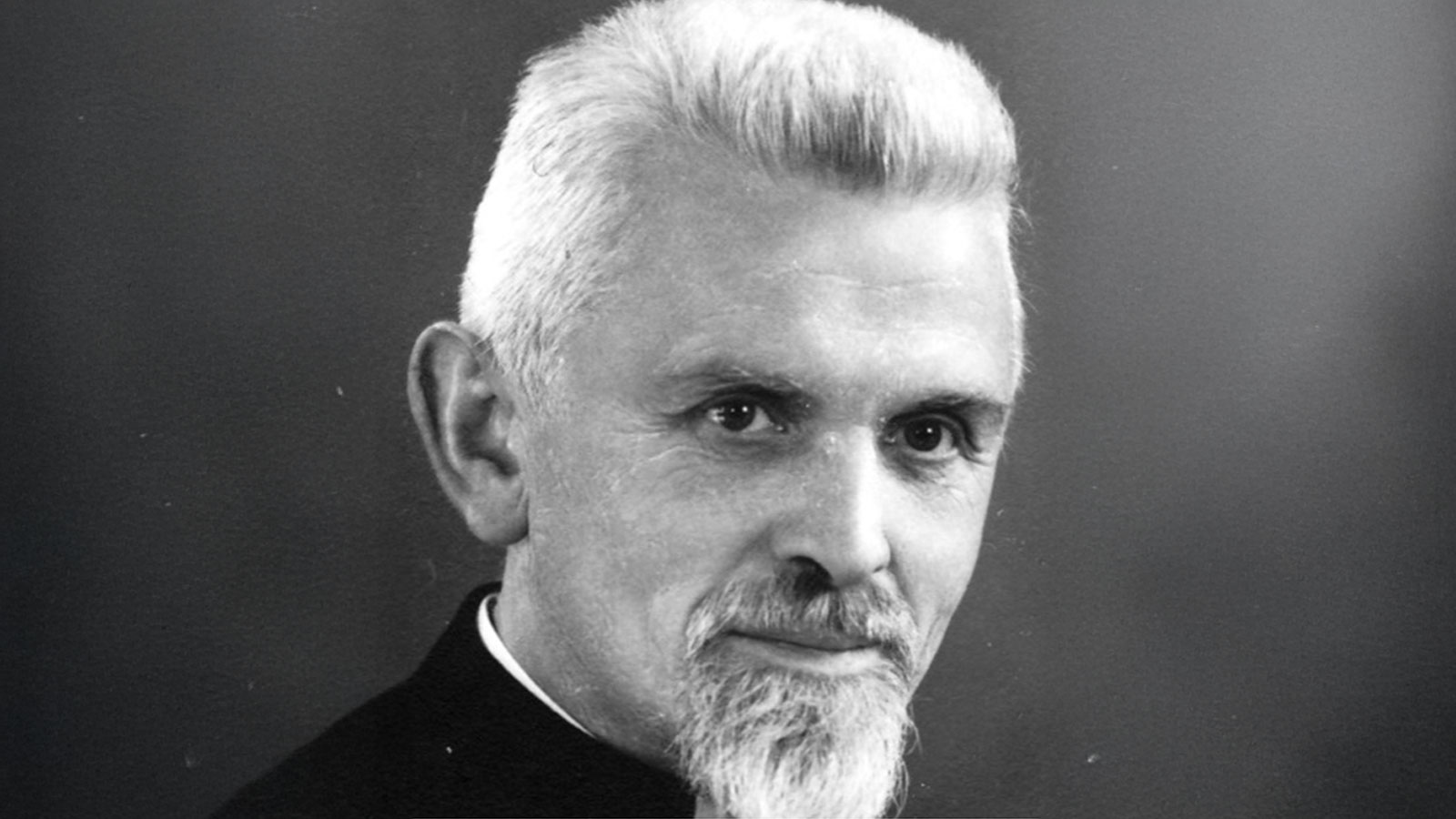 By Tim Atkin, cicm
By Tim Atkin, cicm
A few days ago I was listening to a program about the current financial crisis when one of the commentators said something that really caught my attention. He said that for the past five hundred years what was needed to start and maintain a successful business was capital (i.e. money). “This is why our system is called capitalism” he said. He went on to explain that success in business wasn’t so much about having a big idea or coming up with a new invention, as it was about having a steady and secure flow of capital. He gave the example of the Sony Corporation. When Akio Morita and Masaru Ibuka decided to form a company in Japan in 1945, at the end of World War II, they had no idea what they would produce. Their first concern was to gather together some capital. Once the capital was secured, they formed a board of directors and only then set about deciding what it was that their company would do. They decided to enter the new field of electronics and the rest, as they say, is history. The point that the commentator was making is that today this is no longer the case. “Today” he said, “the primary ingredient in a successful business isn’t capital but talent. He went on to say that even in the midst of today’s financial crisis when capital is extremely tight, some business continue to thrive because these corporations have looked for talented people and have helped them to develop their skills. Thus the companies like Apple keep turning our new products that people are eager to buy whether they need them or not.
This reflection on the importance of money versus talent in the world of business made me wonder if something similar isn’t happening in world of mission as well. I don’t in any way want to devalue the talent, dedication and courage of our predecessors, or of our confreres working today, but it seems to me that we can easily fall into a mindset that almost equates the success of mission with the amount of money we can gather and spend. Maybe this isn’t so surprising.
At the risk of being over simplistic I would say that in the past our success in mission work depended a great deal on the amount of money we could raise. As CICMs, our mission mostly involved going to remote parts of the world and building parish infrastructure; churches, rectories, schools and dispensaries. We went to places where there was nothing in terms of the Church and created the structures.
And, because we created the structures, the people came. Of course we weren’t just building buildings. We were building the community as well, but our building of the community was entwined, and maybe even dependent on, the structures we created. Again, at the risk of being very over simplistic, one could almost say that mission work consisted in gathering the capital and building the structures. Success in mission depended on success in fund raising.
Of course not every confrere saw things this way and even those who did had a more nuanced view than I have presented here, but my point is to ask, wasn’t this connection between mission and money a part of the CICM mindset that we have all inherited and isn’t it still a part of our mindset to some extent today?
As we think about mission in the future, we need to ask ourselves what will be the role of money, and what will be the role of the talents and skills we bring to our work? The axiom “If you build it they will come” may have been true once in Latin America and Africa, but this is changing very fast. I doubt that this axiom ever applied to most parts of Asia, and it certainly doesn’t apply to Europe. It is also true that more and more services like schools and dispensaries that used to be supplied by the missionaries are now being supplied by governments or NGOs. So what is the role of the missionary who is no longer a builder or a furnisher of primary needs like education or health care, and what will be the role of money in his mission?
I think that in the future, the success of mission will depend much more on the talents and skills we bring to our work than on the amount of money we raise and spend. For example, people today are hungrier for spirituality than they are for parish structures and buildings. A successful missionary will be a deeply spiritual one, one who can share his spirituality and call forth spirituality in others. To become this kind of missionary does not demand a lot of money but rather a strong commitment to deepen one’s own spirituality through prayer, study and spiritual direction.
Or, for example, people today don’t want someone to tell them what to do, nor do they want someone who will always agree with what they say, rather they want someone who can listen to them and counsel them while still leaving them free to make their own decisions. It doesn’t take a lot of money to do this, but it does take commitment to learn and practice the necessary skills of listening and counseling. Are we missionaries up to the task?
And certainly there are still many people in the world today who lack basic services, but which is better in the long run, to try to supply them with the services they need ourselves or to teach them to organize themselves for change? The first demands endless resources that we missionaries simply don’t have. The second doesn’t take much money, but it does require our skill, time and commitment.
As we all know, the world has been in a financial crisis for the past four years and there is still no end in sight. Some of us have felt the effects of this crisis on our work and some of us haven’t. Obviously the Provinces that have become dependent on invested capital are having the hardest time. They say that every crisis is an opportunity. Isn’t this crisis an opportunity for us to turn our focus from what we can do with money to what we can do with our own natural talents and skills?
We may not be able to build a lot of churches at this time, but couldn’t we busy ourselves with building Basic Ecclesial Communities instead? When we focus too much on money, we can easily run the risk of trusting more in material means than trusting in God. Maybe this crisis is an opportunity to renew our trust in God, to return to a simpler lifestyle, and to think about what I can do with my talents, skills and commitment even if money is limited.
Recently, I was talking with a confrere about the financial crisis and how it was affecting us. I mentioned that many confreres find it humbling when they have to tell the people that budgets have been cut and that they can’t continue doing some of the things they were doing only a few years ago. The confrere replied that maybe we have to be humbled to know the value of what we have to offer. “We have to be humbled to know the value of what we have to offer”. There is a lot of wisdom in these words. What we have to offer that is really of value isn’t our money but our talents, skills and commitment. If we can begin to focus more on these, the mission will continue and we will probably find more happiness and fulfilment in our work as well.







